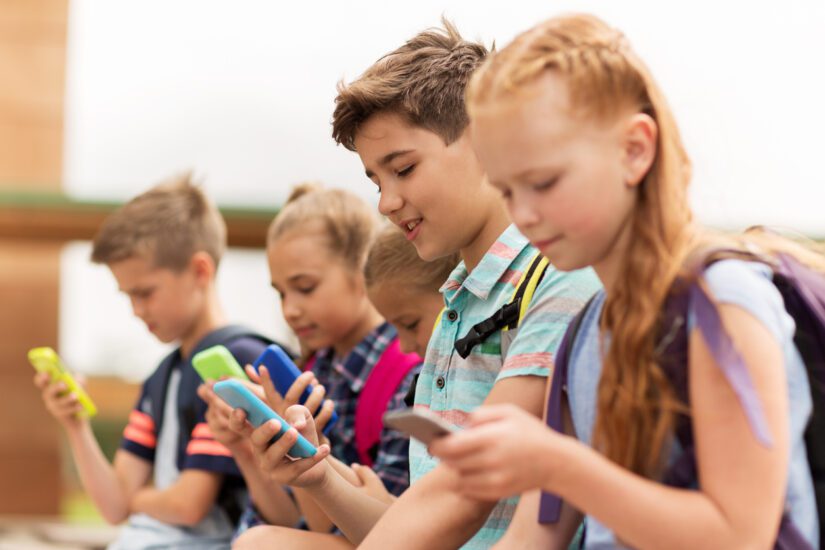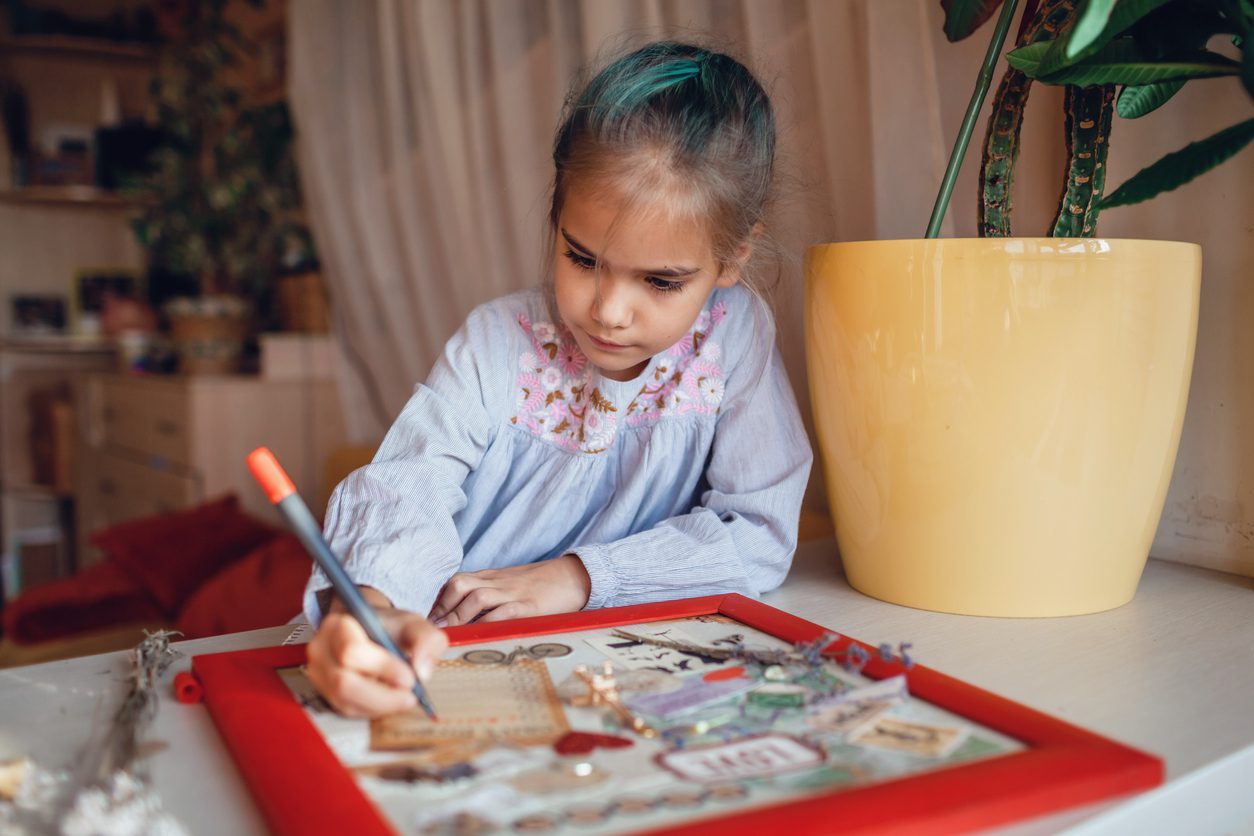Social media is everywhere these days, and parents have questions. Is social media a problem in schools?
Most parents will not be surprised to hear that the large majority of students use social media. Even back in 2012, surveys reported that 90% of teenagers used social media. And with the number of new platforms and apps that have hit the scenes in the last decade, we’re willing to bet that number is even higher these days – not to mention that younger children are also using social media as well.
Just to be clear, we’re not trying to criticize social media! It’s a great way for students to keep in touch, and many of us rely on social media to stay in contact with friends, family members, coworkers, and acquaintances. Even the National Association of School Psychologists agrees that social media has potential benefits, especially when it comes to crisis prevention. So what should parents be concerned about specifically?
- The truth is, social media is a constantly changing world with both positives and negatives. If there’s one guideline we can give, it’s that parents should not take a “hands-off” approach with social media. Giving your children access to these platforms requires talking to them about precautions and appropriate online behavior, as well as monitoring the extent and nature of their use. We’re not saying anyone has to keep surveillance on their kids, but all parents should know what apps their kids are using and ensure they understand the responsibility that comes with social media.
As many parents have heard about in the news, cyberbullying continues to be a serious problem. One of the major issues with cyberbullying is the fact that, because it’s not happening in person (and provides some degree of anonymity) people are willing to say things to others they would, quite frankly, never say in real life. Kids also underestimate both the severity and potential consequences of cyberbullying, which often leads to depression and destructive behaviors for its victims. The fact is that all 50 states have laws against bullying, and online harassment is no joke. Read more about bullying awareness here.
- The most important piece of advice we have for parents is to encourage their kids to tell them immediately if they witness something concerning online. Every social media platform has a report tool you should familiarize yourself with, and parents should not hesitate to contact local police if a threat is highly concerning (or someone’s safety could potentially be jeopardized).
Unfortunately, the overall issue of social media’s detachment from “real life” goes deeper, especially when it comes to our emotional health. From filtered photos that distort reality to endless feeds of updates, it’s easy to understand why impressionable kids can begin to skew the line between social media and real life. This is why it is so important for parents to remind their kids that while trends change, what we post on social media is often permanent. The last thing they want is to lose a potential opportunity in the future because of something inappropriate they shared years earlier.




